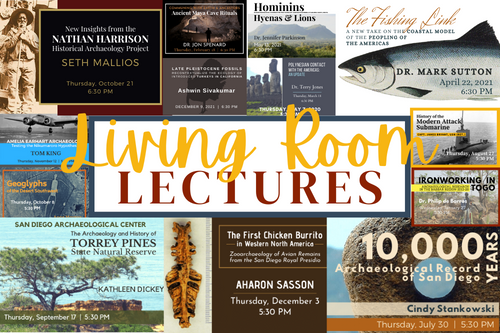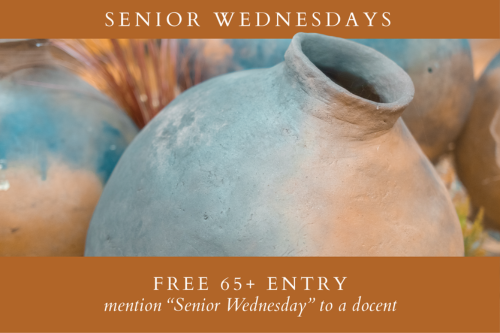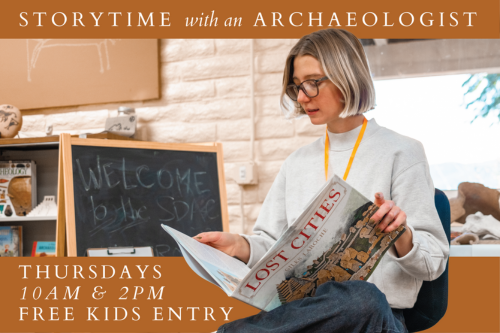
2nd Saturday Lecture Screenings
August 10 @ 10:30 am - 2:00 pm

Join us every 2nd Saturday of the month for two screenings of our Living Room Lectures by archaeologists, experts, and authors. Lecture screenings start at 10:30 AM and 12:30 PM and are included with museum admission. No reservations needed. Seating is first come, first served.

